AARP Hearing Center


27
A Meeting with Sheriff Strickland
Strickland was quiet for so long I was afraid he was thinking of just pulling his weapon and shooting me. Finally he cleared his throat and spoke very quietly. “Why do you think these two men committed those crimes?”
“Because that’s what I dreamed. I mean, I didn’t dream about the nursing home or about Drake, but in my dream, that’s who killed Alan.”
“Why would they do something like that?”
I shook my head. “I don’t know. Maybe Marget Lottner was seeing Nathan Burby and he decided to get rid of the competition.”
“So Mrs. Lottner is involved, too,” Strickland speculated neutrally.
“No!” Alan shouted.
I cocked my head, considering. “Well, maybe, but I don’t think so.”
“Ruddy, you know that’s not right,” Alan lectured me.
“I mean, I don’t know that’s not right, but it could be,” I said, trying to keep the irritation out of my voice.
Strickland was pondering something. “I’ve read the file on the nursing home explosion probably one hundred times. Did you know a woman named Elizabeth Wexler was killed in the bombing?”
“Liddy Wexler, yes I did.”
“Everyone with a relative at the home was looked at. Franklin Wexler was in Las Vegas that night. I remember that because in the file there’s a picture of him shaking hands with Wayne Newton.”
I shook my head in frustration. “Well, okay, look. I can’t explain it. But, Sheriff, what if when we die, there’s a ... a remnant of us, something of us that stays around sometimes after we’re gone. Something no one can explain or prove, but that can get a message to the living.”
“You’re saying what, that Alan Lottner is communicating with you from beyond the grave?”
“Please don’t tell him, Ruddy,” Alan begged.
“No, just that I think the dream came from him. Sheriff, if you search Burby’s and Wexler’s houses, I know you’ll find the rifle that killed Alan and Drake.”
He shook his head. “No, I won’t.”
“How can you say that?” I asked in frustration.
“Because it wasn’t the same gun. You were wrong about that.”
“Oh.”
“I don’t have probable cause to search anything except your home—there was a dead body in the living room, last time I was there.”
“Yes, because Burby and Wexler thought it was me.”
“Nathan Burby is out of town, according to Deputy Timms,” Strickland observed.
“Oh, yeah. Right, I knew that. So it must have been Wexler.”
He sighed.
“If you pull in Wexler for questioning ... ” Strickland raised his cold eyes to mine.
“Oh-oh,” Alan murmured. “He looks angry.” But when Strickland spoke again, it was without heat. “When I was a cop in Muskegon, twenty years ago, one of my first calls was on a woman, shot to death in her bedroom. We were out canvassing the area, checking garages and backyards to see if maybe the perp was hiding in the area. I rang the doorbell of a neighbor and when the guy opened the door, I knew he was the one. I don’t know how I knew it, I just had it, that feeling in my gut, that I was looking at the guy who shot the victim.
“I was just a beat cop then, but when I told the homicide detective about the feeling I had, he followed up on it, and they nailed the guy on forensics.”
Strickland stood up and stared out his window, his hands in his pockets. Then he shook his head. “I am not going to pull in anyone for questioning based on a dream, McCann. You say you have a, a remnant of some kind, but that doesn’t do me any good. I can’t take it to the D.A. and I certainly can’t as a police officer act on it. A man was killed in your living room the other night and you’re an ex-con—those are things I can act on.”
“He’s going to arrest you!” Alan squeaked.
I swallowed. Absurdly, the only thought I had was that if I were taken into custody I would miss my date with Katie to see the sunset.
Strickland wasn’t arresting me, he was dismissing me. “My gut’s been telling me all along that you’re clean on this, that you didn’t kill Alan Lottner. I think you made a mistake you’re going to have to live with the rest of your life, but you’re not the same kind of criminal that lived next door to the murder victim in Muskegon. And I understand that there are some things we can’t explain, like how I knew I was looking at the perpetrator twenty years ago when he opened the door. But what was true then is true now—it takes police work to solve a crime.” He turned away from the window, giving me a sober appraisal. “It’s best you go home now, Ruddy.”
I left the station feeling as if I’d just somehow been found not guilty—but only by reasonable doubt.
Katie and I watched the sun expand into a huge orange ball and drop into Lake Michigan with our arms around each other, and then decided nothing would be more fun for her than to watch me help Becky tend bar.
We drove to Kalkaska, but as we drew close to the Black Bear, traffic—and there never really is such a thing in Kalkaska that time of year—was at a standstill. The congestion seemed at its worst right in front of the bar.
“Why all the cars?” Katie asked curiously.
I looked at her. “I don’t know. Something’s going on.”
We parked at my house and made our way back to the Bear on foot. The place was packed to the walls; I had to shove my way in.
“I had no idea this place was so popular!” Katie shouted to me over the crowd noise.
I shook my head. “It isn’t!”
We fought our way to the bar and found out why there was such a mob: Becky was pouring everyone free champagne. “Ruddy!” she shrieked when she saw me, giving me a huge hug and a kiss.
I reminded Becky that she had already met Katie, and Becky gave her an ebullient hug, too. “I take it that we’re drinking what we’re not giving away?” I asked.
Becky tugged on me and I nodded at Katie to give me a minute. In the back room, things were more quiet.
“This is the best day of my life, Ruddy,” Becky told me. “You know what we got in the mail today?”
“The new Home Depot catalogue?”
“No!” Becky shook her head wildly. She was, I decided, drunk, a state in which I’d never seen her before.


























































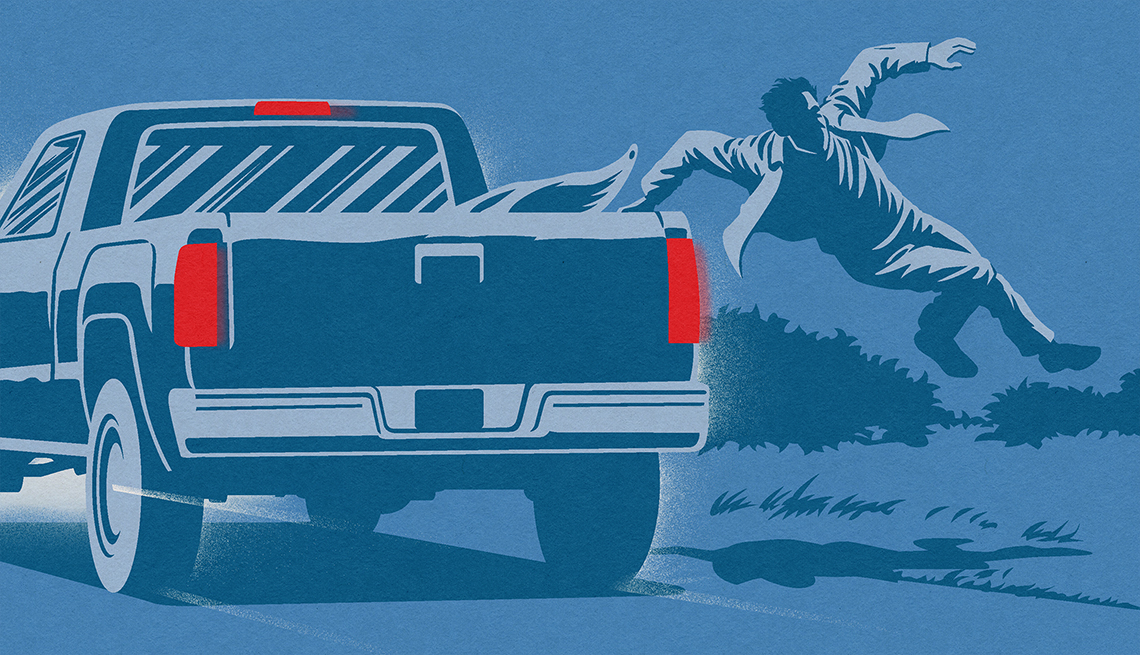

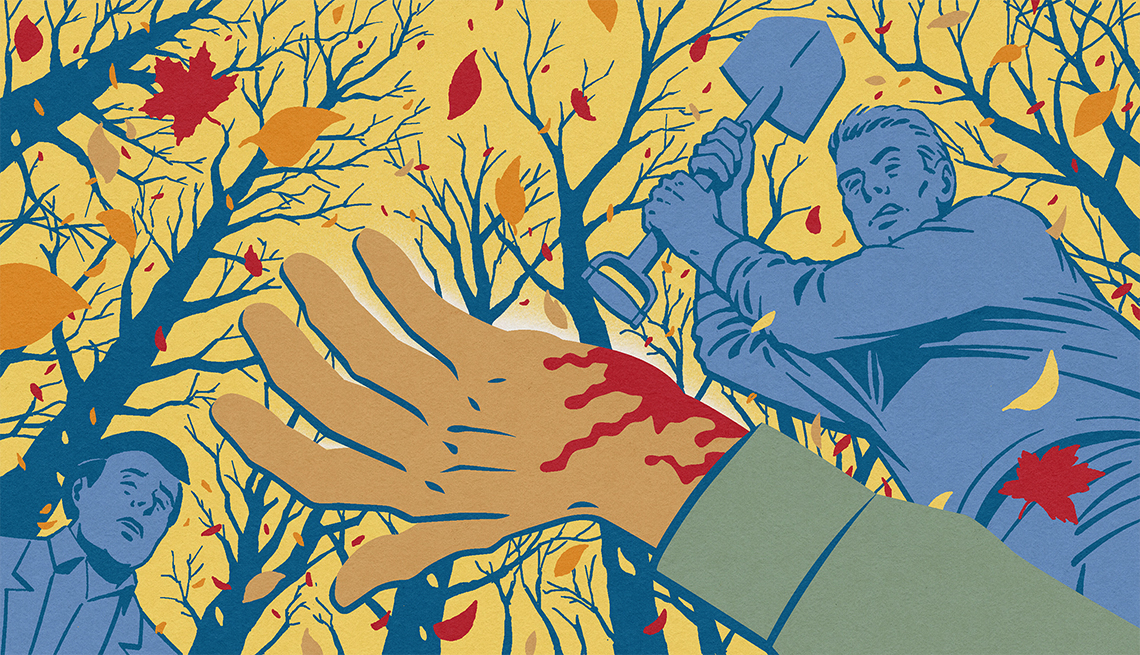

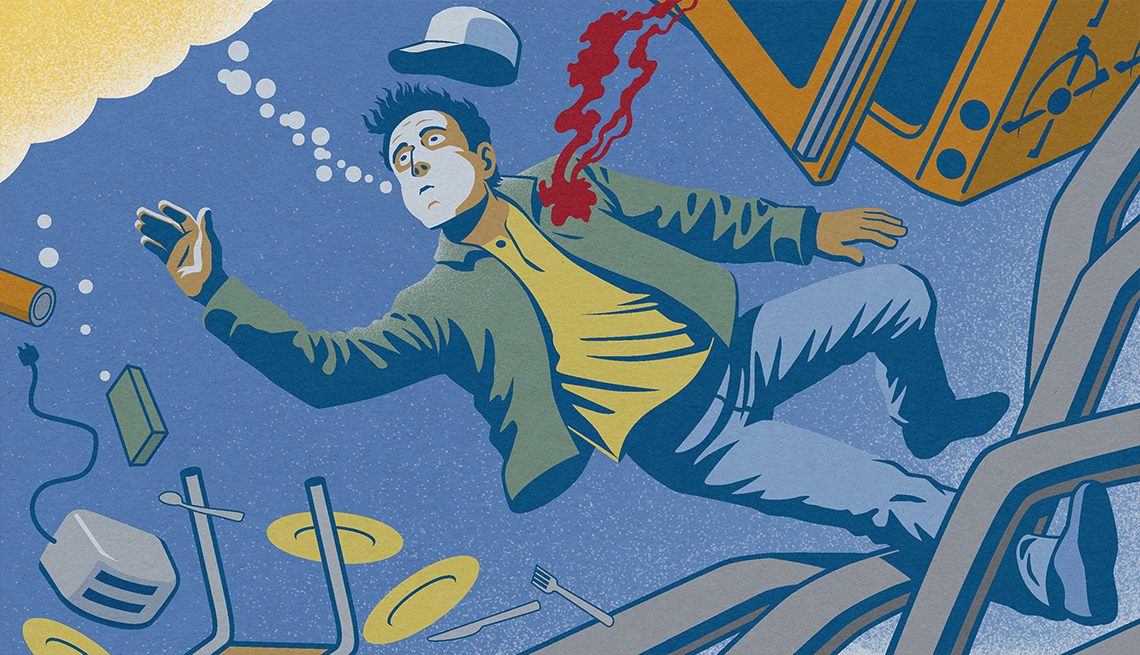

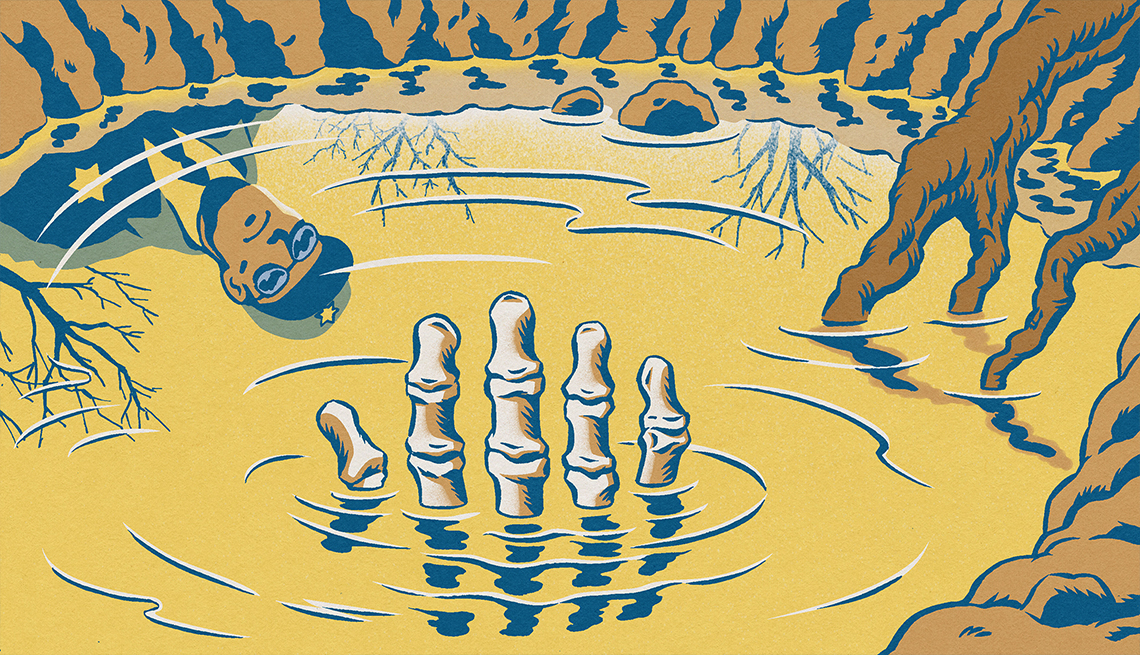
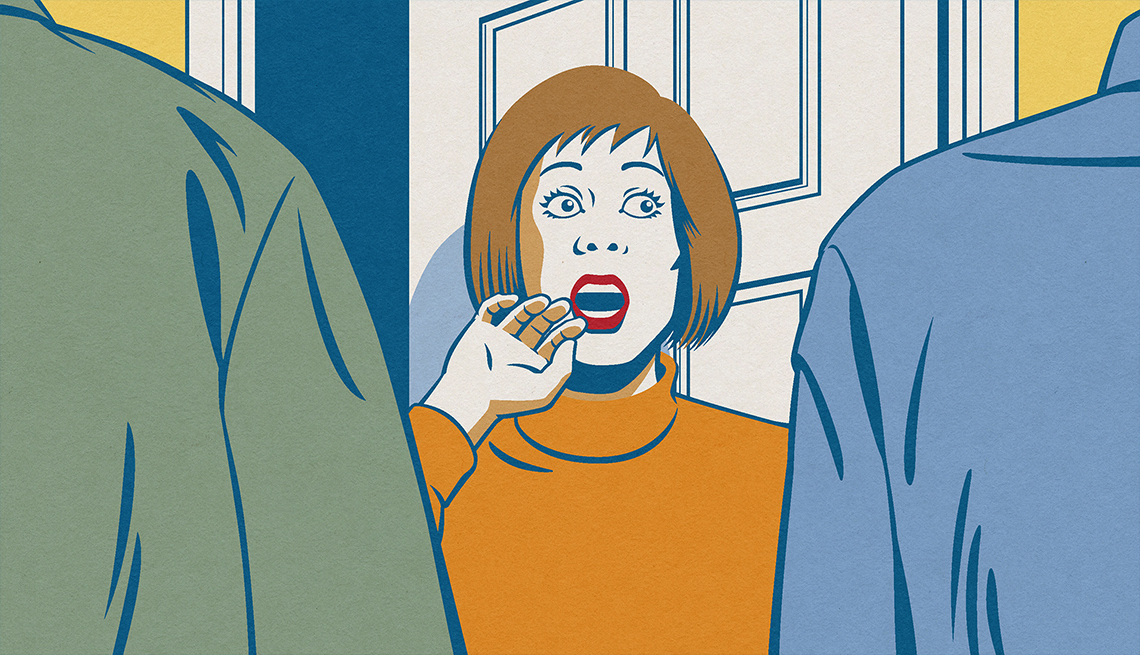
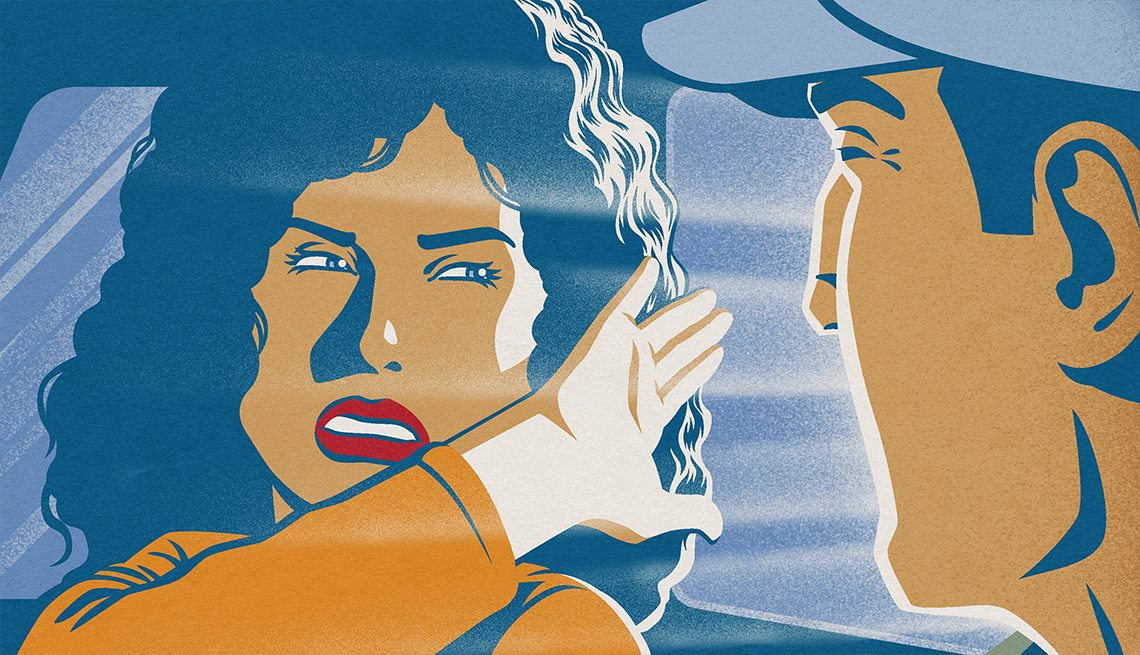
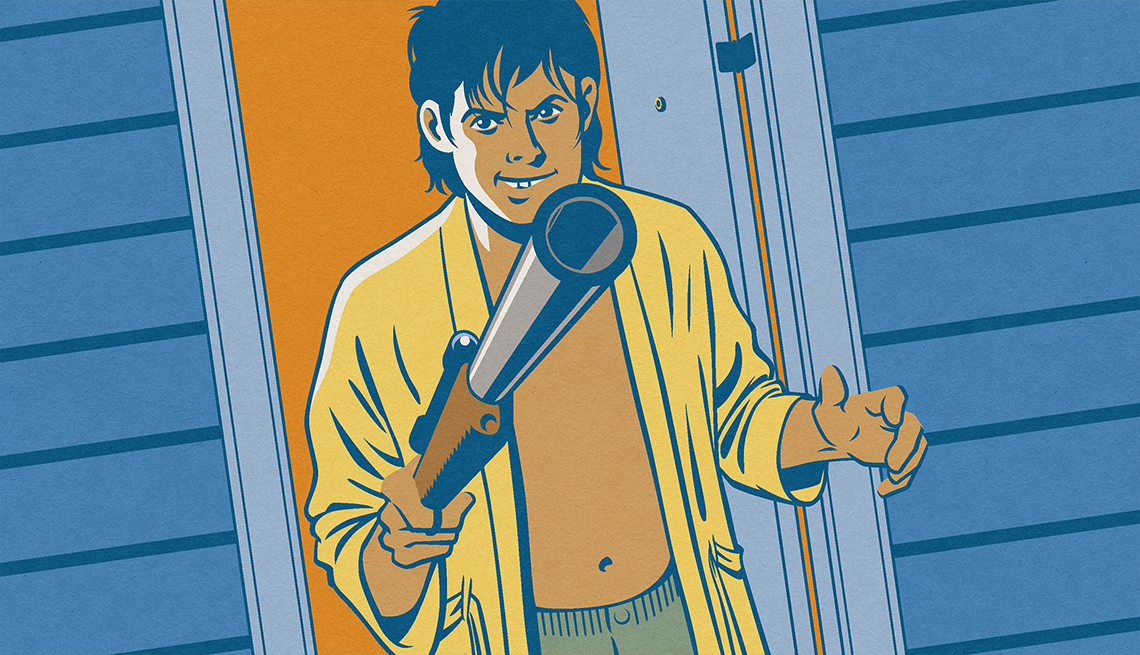
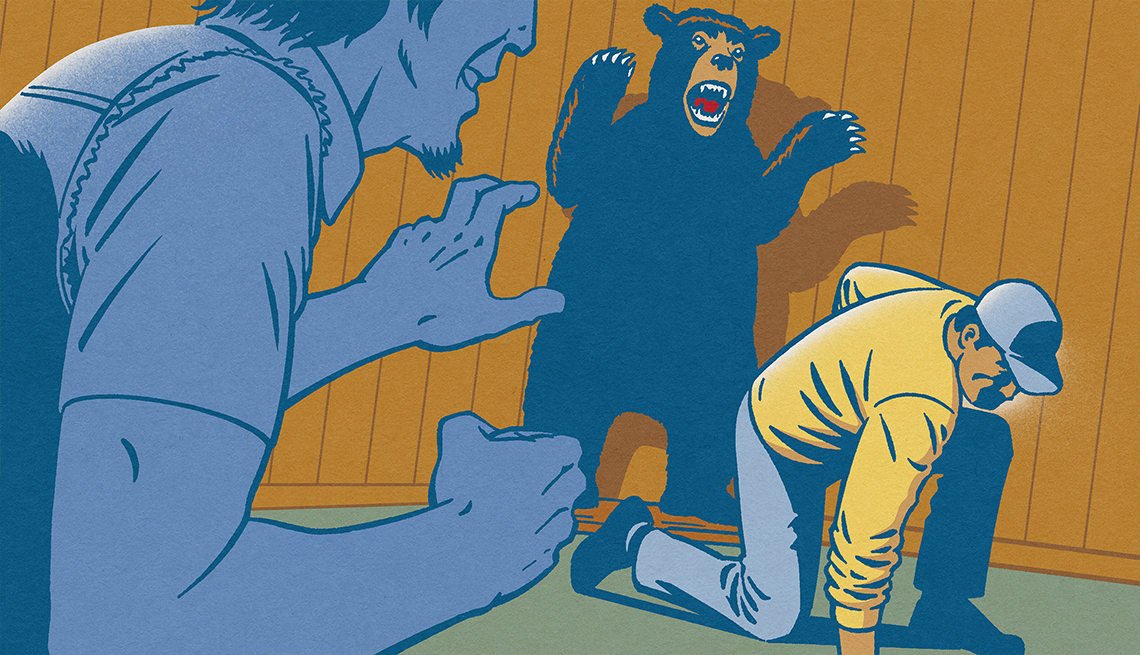
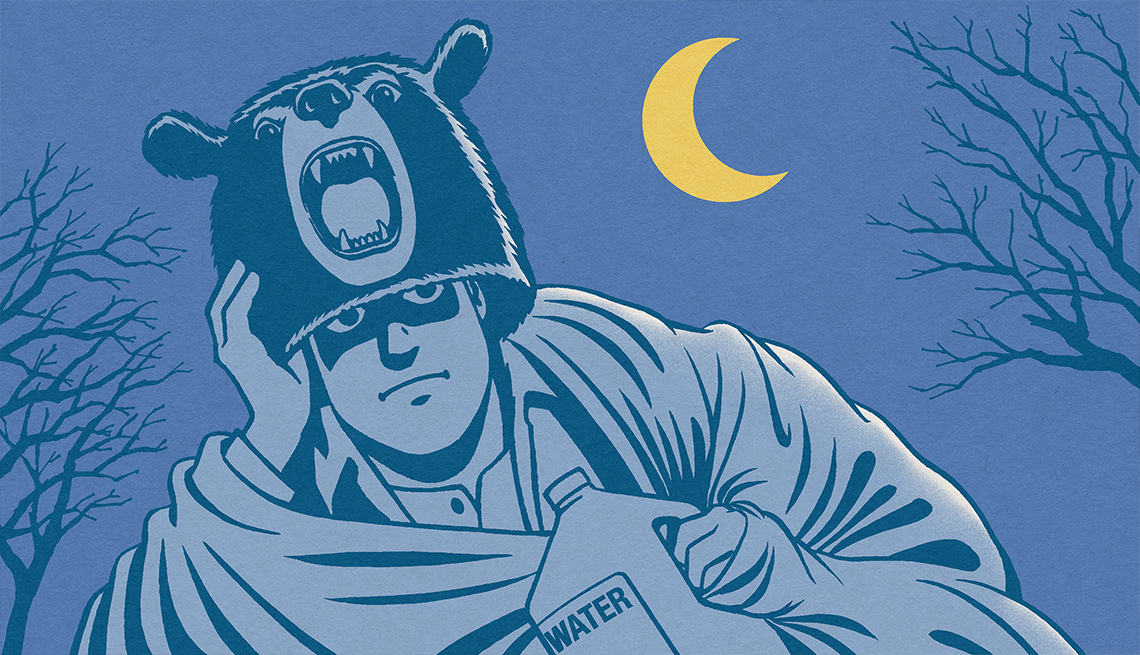
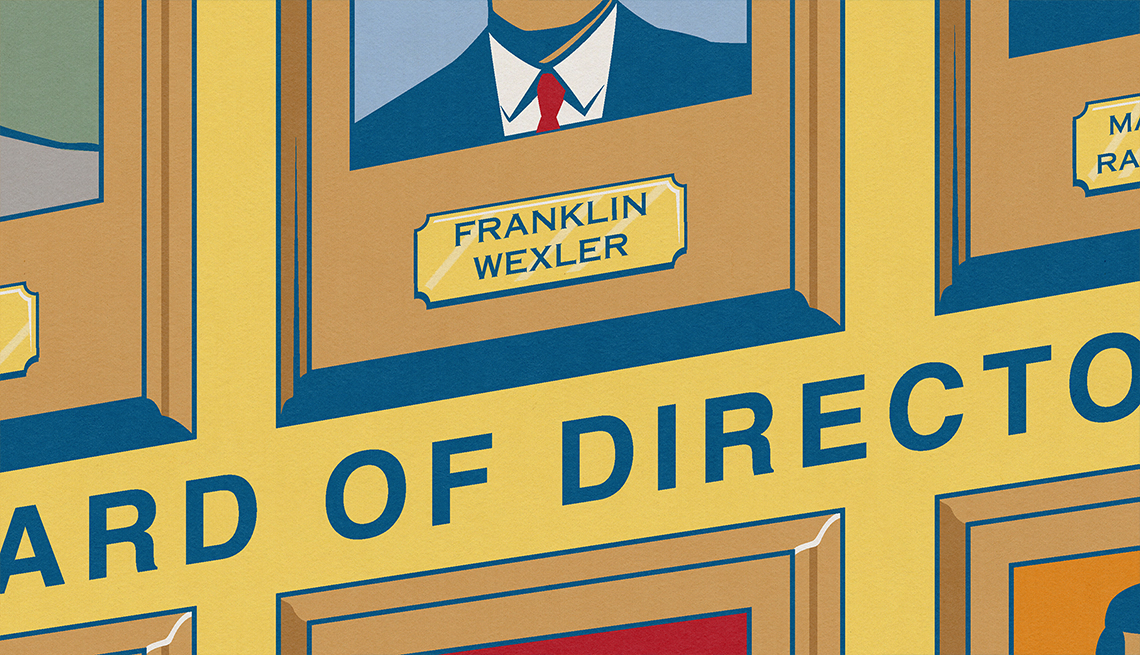
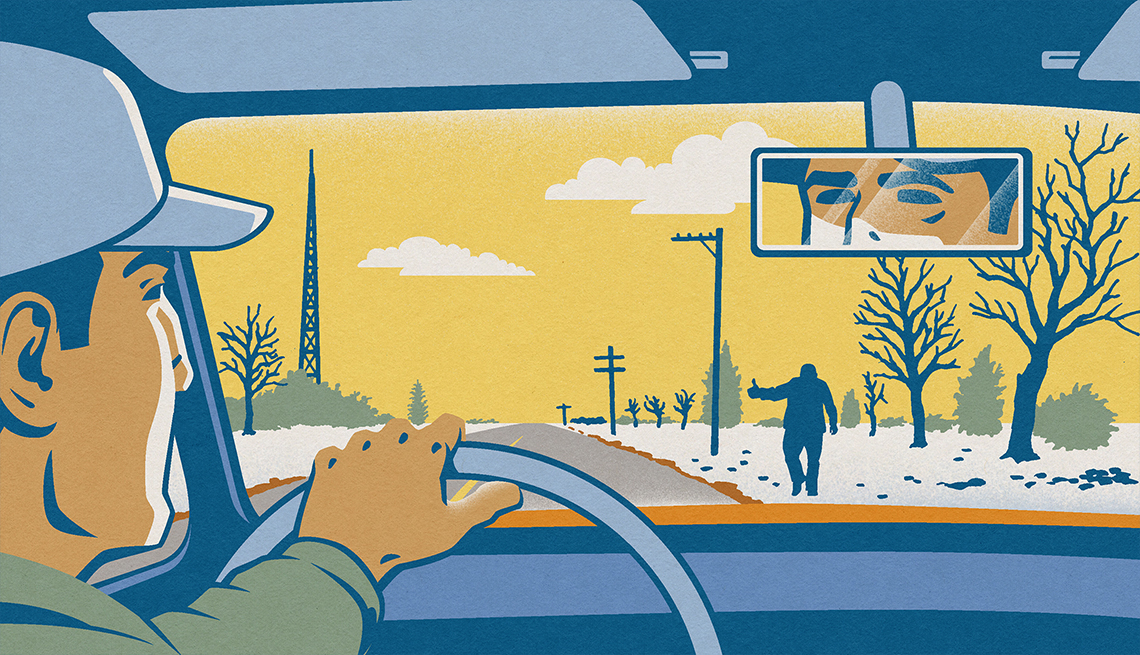
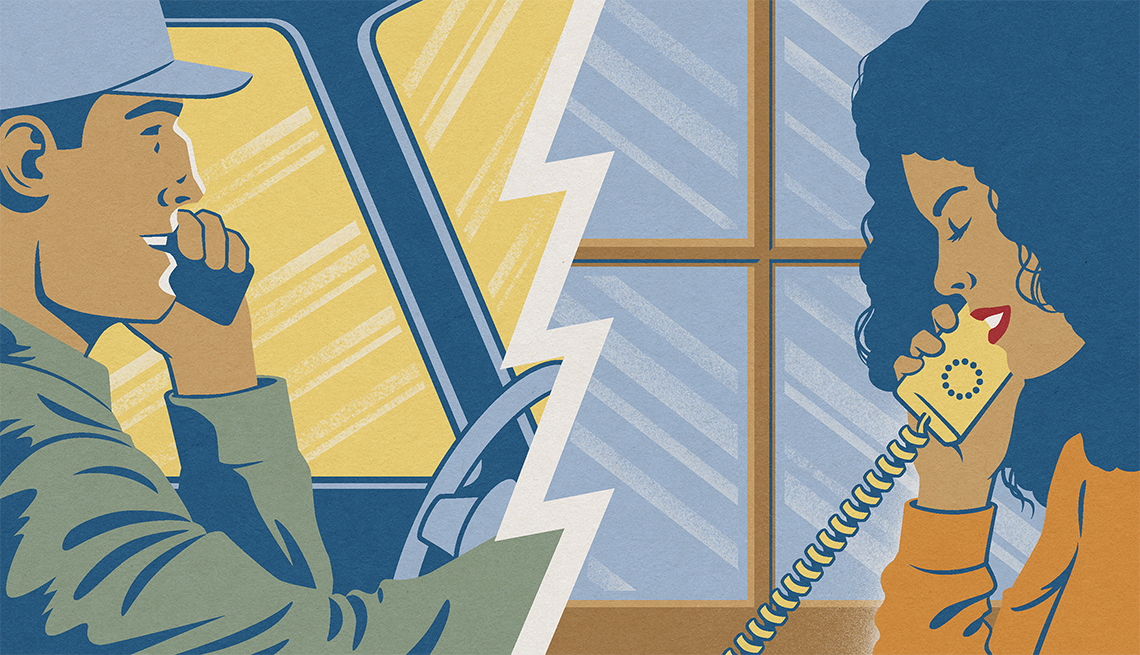
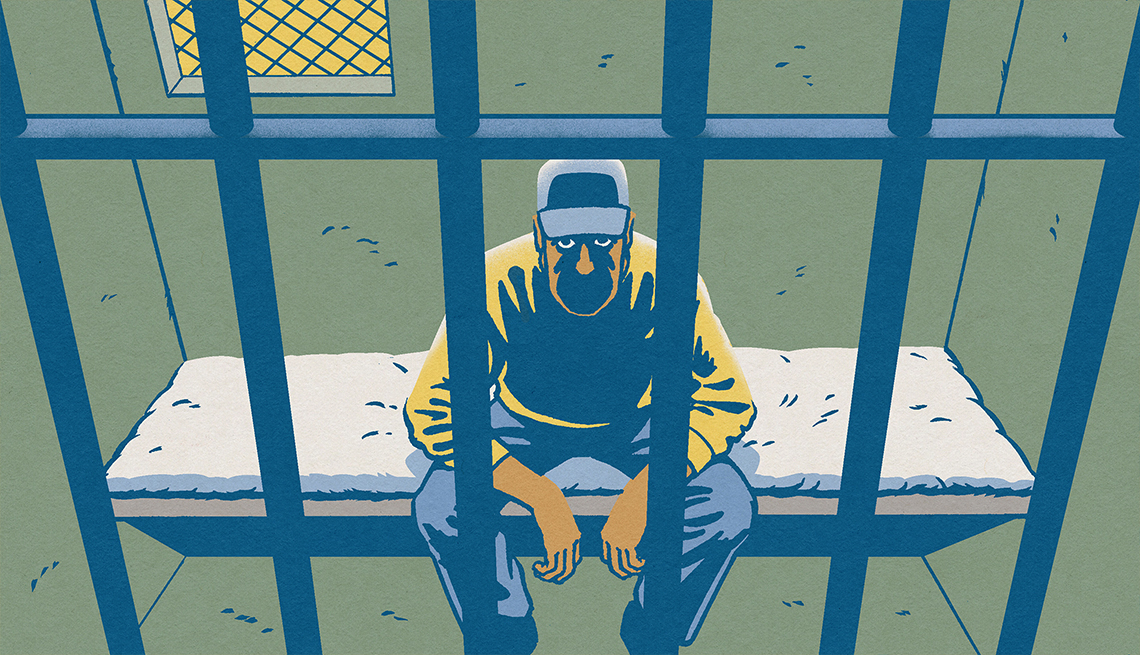



More From AARP
Free Books Online for Your Reading Pleasure
Gripping mysteries and other novels by popular authors available in their entirety for AARP members